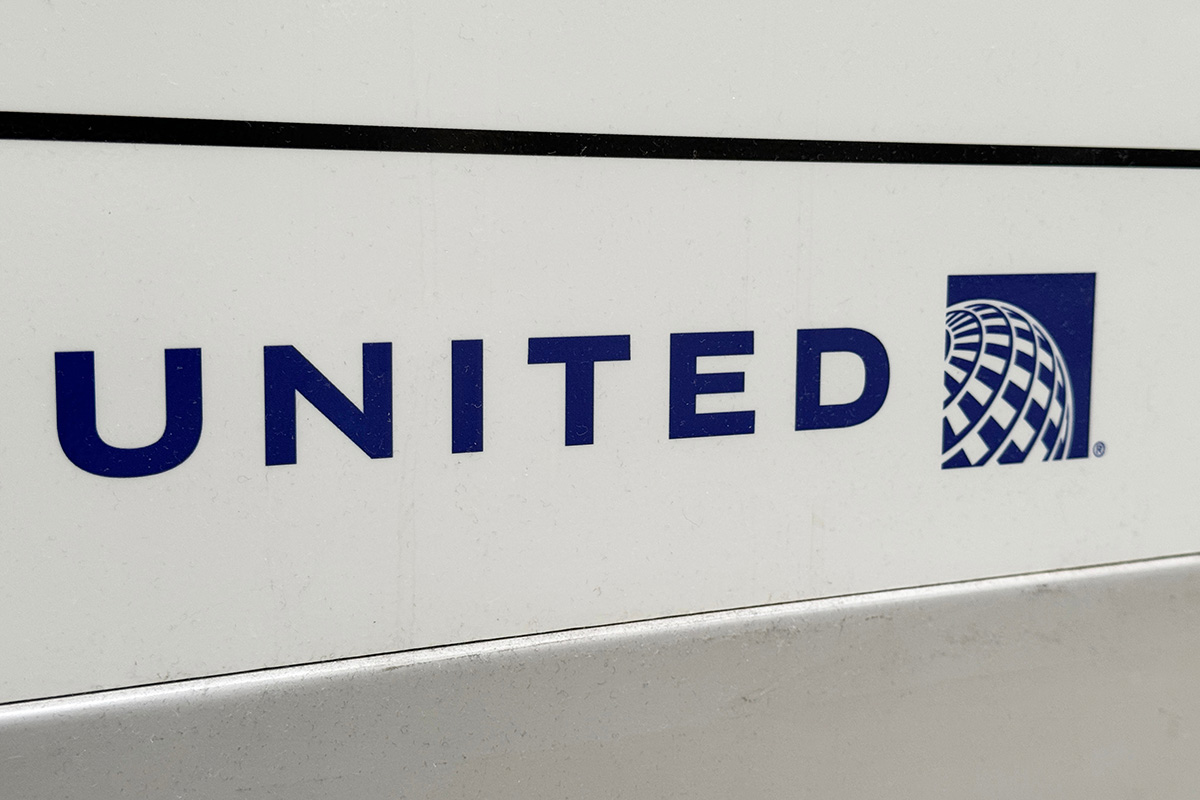
Skift Take
Today’s podcast looks at a new travel tech investment powerhouse, United’s China strategy, and unruly hotel guests that ruin things for everybody else.
Good morning from Skift. Itâs Tuesday, September 17, and hereâs what you need to know about the business of travel today.
Listen Now
ð§ Subscribe
Apple Podcasts | Spotify | YouTube | RSS
Episode Notes
Thayer Ventures and Derive Ventures are teaming up to create Thayer Investment Partners, an investment platform the two VC firms believe will boost innovation in travel technology, writes Senior Hospitality Editor Sean OâNeill.
The new platform aims to offer a full-service venture capital approach, with plans to invest in business-to-business and consumer startups. Thayer Investment Partners will consider startups in most destinations, with the exception of China, where it lacks expertise.
OâNeill notes the quasi-merger comes as the travel industry grapples with emerging opportunities in AI and the adoption of cloud-native technologies.
Next, major U.S. airlines are optimistic theyâll see strong demand for Europe continue into next summer, but theyâre facing headwinds in China. Patrick Quayle, United Airlinesâ senior vice president of global network planning and alliances, discussed the carrierâs operations in China with Airlines Reporter Meghna Maharishi.
Quayle said restrictions on Western carriers flying over Russian airspace have created an unequal playing field for U.S. and European airlines. He noted that United canât fly from Washington, D.C. or from New York to China because it would have to fly over Russia.
Quayle added that while United has resumed service from Los Angeles to Shanghai, its scheduled flights to China are still below pre-pandemic levels.
Finally, Columnist Colin Nagy argues that luxury hotels have, for too long, tolerated rude behavior from guests that ruins othersâ experiences. He writes in his latest column that hotels need to crack down on guestsâ bad behavior.
Nagy cites the example of being disturbed last year in Tokyo by guests loudly discussing a TV show and showing each other videos on their phones. He writes that everyoneâs self-awareness dropped during the pandemic, adding that public spaces have turned into private living rooms.
Nagy calls on hotels to enforce standards that align with their ambiance, location and overall message. He notes that he was inspired by Hôtel du Cap, where its rules are prominently displayed on cards in guestrooms and dress codes are strictly enforced. Nagy says hotels and guests can work together to create standards for each property.

